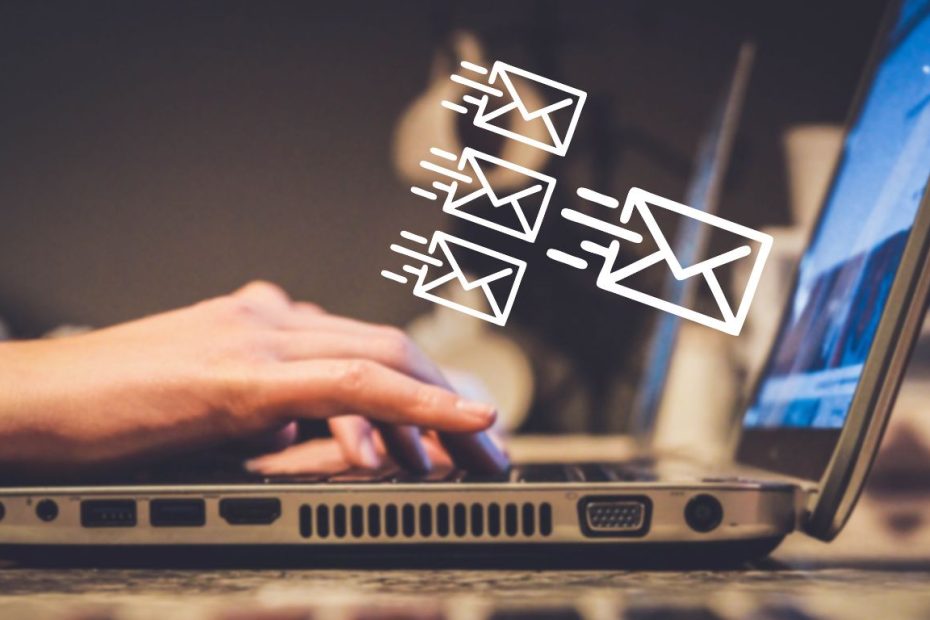In the digital age, security and personalization are paramount. As we’ve transitioned to online platforms for everything from shopping to banking to accounting, ensuring each user’s unique identification has become crucial. At Seamlss, we’ve received feedback from numerous firms about a common challenge: clients, often partners or spouses, sharing a single email address. Let’s dive into why unique identifiers are essential and how to navigate this shared email challenge.
The Importance of Unique Identifiers:
Unique email and phone numbers are more than just identifiers; they’re the backbone of a secure digital experience. Two-Factor Authentication (2FA) relies on these unique identifiers to function correctly. Here’s why:
- Enhanced Protection: 2FA adds an extra layer of security. Even if someone knows your password, they won’t be able to access your account without the second verification step, typically a code sent to your phone.
- Preventing Unauthorized Access: Especially in scenarios with potential risks, like spousal or financial abuse, 2FA ensures that individuals have exclusive access to their financial data. It’s a barrier against unauthorized access, giving users peace of mind.
- Immediate Alerts: If someone tries to access an account and triggers the 2FA, the genuine user gets an immediate alert, often through a text message. This prompt can be crucial in preventing potential breaches.
Data Integrity: Shared email addresses might seem convenient, but they can muddy the waters:
- Avoiding Mix-Ups: Imagine two clients using the same email. Who does the information belong to? Unique identifiers prevent such mix-ups, ensuring clarity in data management.
- Maintaining Data Hygiene: With distinct emails and phone numbers, every piece of data has a clear owner. It simplifies data management and ensures the integrity of each client’s records.
The Shared Email Challenge
Many partners or spouses share an email address. It’s a common practice. But in platforms like Seamlss, where security and data integrity are paramount, unique identifiers are non-negotiable. So, the question arises: how can firms help clients navigate this challenge while ensuring top-notch security?
It’s not uncommon for partners or spouses to share an email address. However, in Seamlss, unique identifiers are essential for maintaining the platform’s integrity and security.
Solutions & Workaround
Using Email Aliases with ‘+’ Sign: Many email providers, like Gmail, allow users to create aliases by adding a ‘+’ sign followed by additional text. For instance, “[email protected]” and “[email protected]” are treated as separate emails by systems but go to the same inbox. This method allows clients to have “unique” email addresses for Seamlss without creating new email accounts.
Email providers that allow the use of the ‘+’ sign for creating aliases:
- Gmail: Users can add a ‘+’ sign followed by any word before the ‘@’ sign to create an alias. For example, if your email is “[email protected]“, you can use “[email protected]” as an alias. All emails sent to the alias will be delivered to the primary email inbox. More details can be found at Gmail’s official support page.
- Outlook & Hotmail: While they don’t support the ‘+’ sign for aliases, they do allow the use of periods (‘.’) in the email address. So, “[email protected]” and “[email protected]” are treated as separate emails by systems but go to the same inbox. More details can be found at Outlook’s official support page.
- FastMail: Similar to Gmail, FastMail users can use the ‘+’ sign to create aliases. For instance, “[email protected]” would work. More details can be found at FastMail’s official documentation.
- ProtonMail: ProtonMail also supports the ‘+’ sign for creating aliases. For example, “[email protected]” would be a valid alias. More details can be found at ProtonMail’s official support page.
It’s worth noting that while these providers support the ‘+’ aliasing, not all websites or platforms recognize or accept email addresses with the ‘+’ sign (Seamlss does!). It’s always a good idea to test and ensure compatibility.
Educating Clients
It’s essential for firms to educate their clients about the importance of unique identifiers. Here’s why:
- Smartphone Requirements: Most people might not realize it, but they likely already have a unique email. Think about it: nearly every smartphone or device requires a unique email for setup and app downloads. It’s a standard most of us have already met without even noticing.
- Highlighting the Risks: Discussing potential risks, such as financial abuse, can underscore the need for separate email addresses and phone numbers. It’s not just about convenience; it’s about ensuring each individual’s safety and control over their financial data.
- Promoting Digital Independence: Encouraging clients to maintain their unique digital identities not only ensures security but also fosters a sense of digital independence. It’s about having control over one’s digital footprint and interactions.
- By emphasizing that most people already have a unique email due to their smartphones, firms can make the transition seem less daunting and more of a natural progression towards enhanced security.
Seamlss, our commitment is to provide a secure, efficient, and user-friendly experience. While shared emails can pose a challenge, with the right strategies and understanding, firms can ensure that each client’s data remains safe and distinct. We encourage firms to adopt the solutions mentioned above and always prioritize their clients’ security and privacy.

